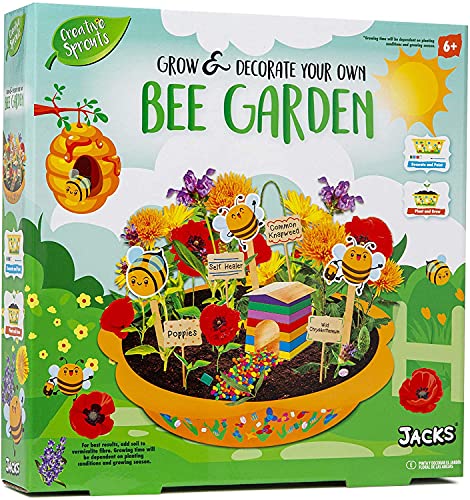Where on earth did you come up with a number like that? From some current ongoing digging into the UK's REAL hive numbers as opposed to the rather 'optimistic' one used to claim the EU money it is quite likely that this represents at least one queen per colony for the whole UK every year. Could be twisted round to 'demonstrate' that 110% of the UK's beeks prefer imported. The true import figure for queens, both officially recorded and not, is probably in the region of 10 to 15% of your quoted number.
Plus...you confuse 'fit for purpose' with 'fit for unaided survival'....they are nothing like the same.
Unless you want the UK to become no more than a bee museum with little commercial activity, and a refuge of a bee no-one else outside these islands wants.



















































